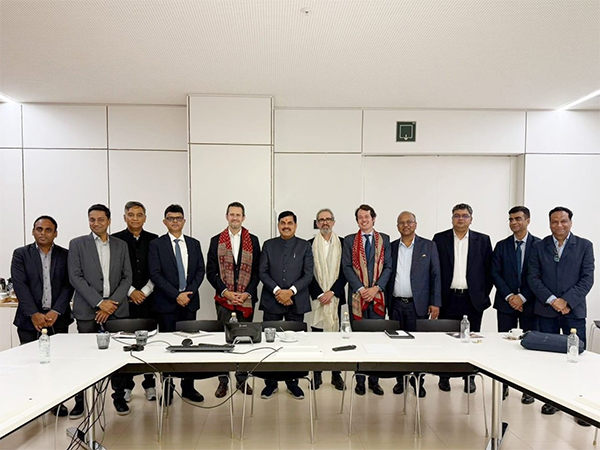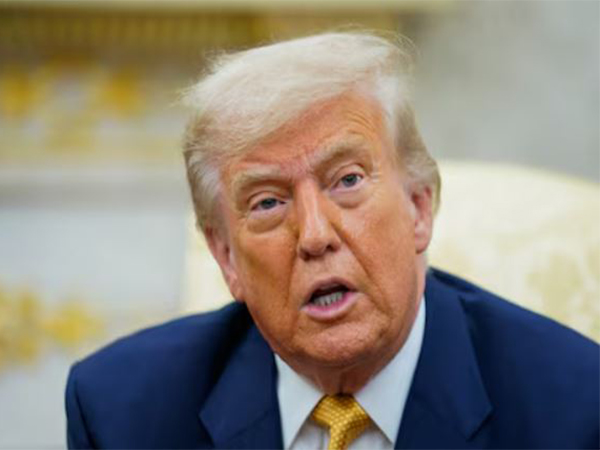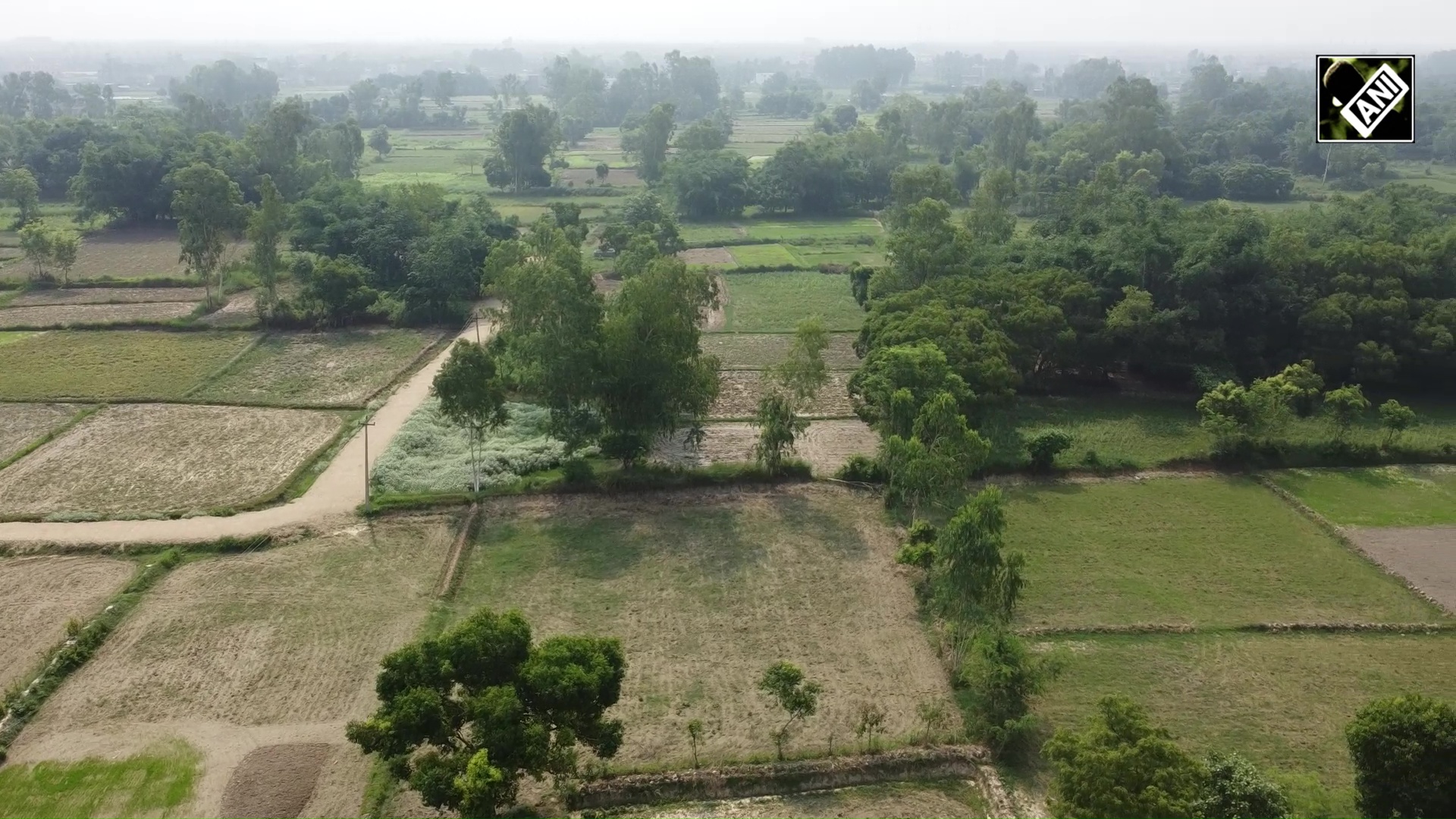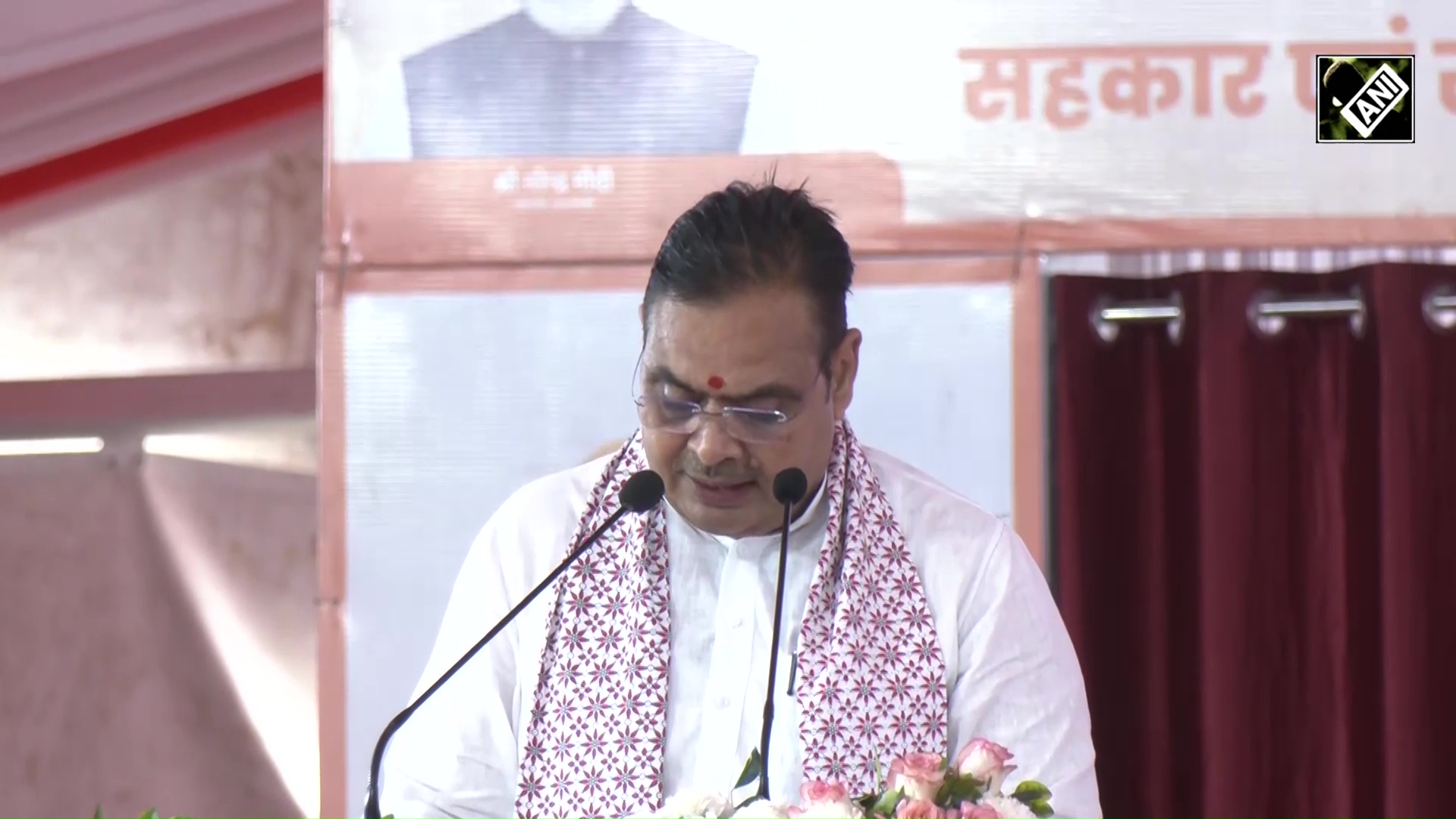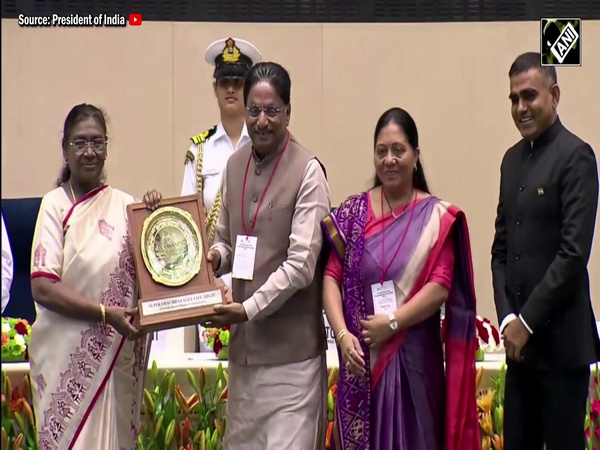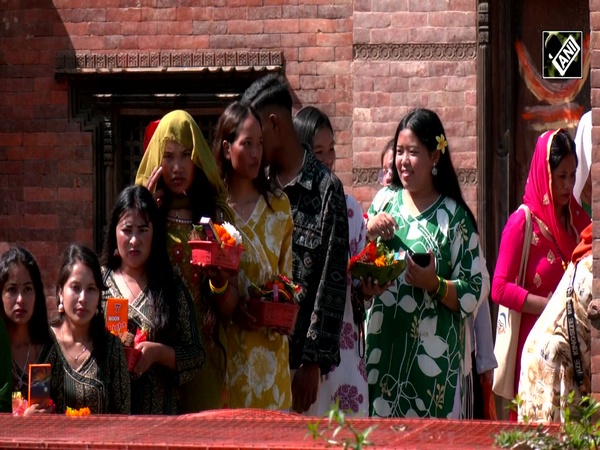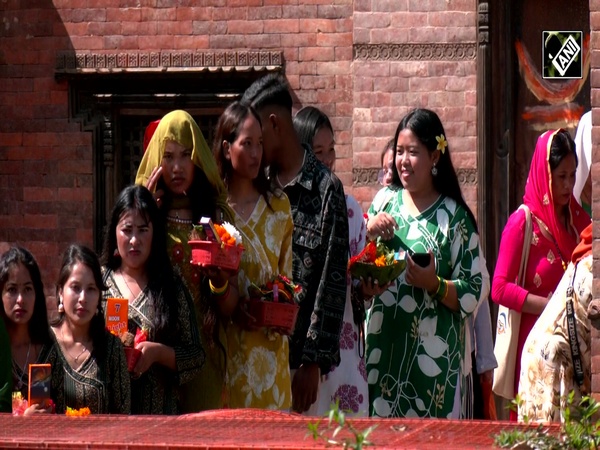China's distortion of UN resolution 2758 aimed to constrain Taiwan's independence
Oct 17, 2022

Washington [US], October 18 : Post US House Speaker Nancy Pelosi's visit to Taiwan, China's rhetoric on the self-governing island has increased to an unprecedented level, visible by increased military exercises by China in the Taiwan Strait.
One of the persistent myths propagated by the People's Republic of China (PRC) is that United Nations General Assembly Resolution 2758, adopted on October 25, 1971, automatically made Taiwan a part of the PRC, reported Global Strat View.
This myth has been repeated most recently in the White Paper on Taiwan (Xinhua, August 10, 2022, The Taiwan Question and China's Reunification in the New Era') released by the Taiwan Affairs Office of the State Council and the State Council Information Office
It is important to understand the original Resolution and its intent to appreciate the distortion and disinformation engaged in by the PRC to convince the world of its 'One China' policy.
The latest White Paper cites the original Resolution adopted in 1971, which undertook "to restore all its rights to the People's Republic of China and to recognize the representatives of its Government as the only legitimate representatives of China to the United Nations, and to expel forthwith the representatives of Chiang Kai-shek from the place which they unlawfully occupy at the United Nations and in all organizations related to it."
China has thus taken the position that this Resolution "settled once and for all the political, legal and procedural issues of China's representation in the UN, and it covered the whole country, including Taiwan, reported Global Strat View.
China's strategy, as will be seen, is two-fold. First, it distorts UN Resolution 2758 to prevent Taiwan from being recognized at the UN or its related bodies as an independent nation and, therefore, states, "Taiwan does not have any ground, or right to join the UN, or any other international organization whose membership is confined to sovereign states."
Second, its universalization of the 'One China' principle in the context of Resolution 2758 has coincided with its increasing penetration of the UN system, permitting the PRC to get other organizations to accept its stand on Taiwan, reported Global Strat View.
A March 2022 Report by Jessica Drun and Bonnie Glaser written for the German Marshall Fund contends that since the early 2000s, the PRC has undertaken a campaign to reinterpret UN Resolution 2758 as based on its 'One China' principle and spread the fallacy that, through the Resolution, UN member states came to a determination that Taiwan is a part of PRC.
Significantly, PRC has gained the ability to influence the UN system in a manner as to able to exclude Taiwan from organizations under the UN, reported Global Strat View.
This penetration of the UN system has been achieved through various means, including specialized funding schemes, signing of MoUs, and embedding PRC nationals across all levels of UN staff and outside it.
While China has repeatedly claimed that there is international consensus to its claims on Taiwan, a closer look at UN Resolution 2758 shows that its language in no way gives effect the Chinese position.
Crucially, the UN Resolution does not include the words "Republic of China" or "Taiwan." It merely alludes to the former vacating its UN seat, reported Global Strat View.
China's strategy to equate UN Resolution 2758 with its One China Principle has been backed by secret agreements with relevant UN bodies to restrict Taiwan's access to UN buildings and by embedding Chinese nationals in various UN organizations.
Several NGOs and civil society organizations have reported that China has restricted access to UN buildings if Taiwan is not recognized as a part of China on its websites and public dissemination materials, reported Global Strat View.


